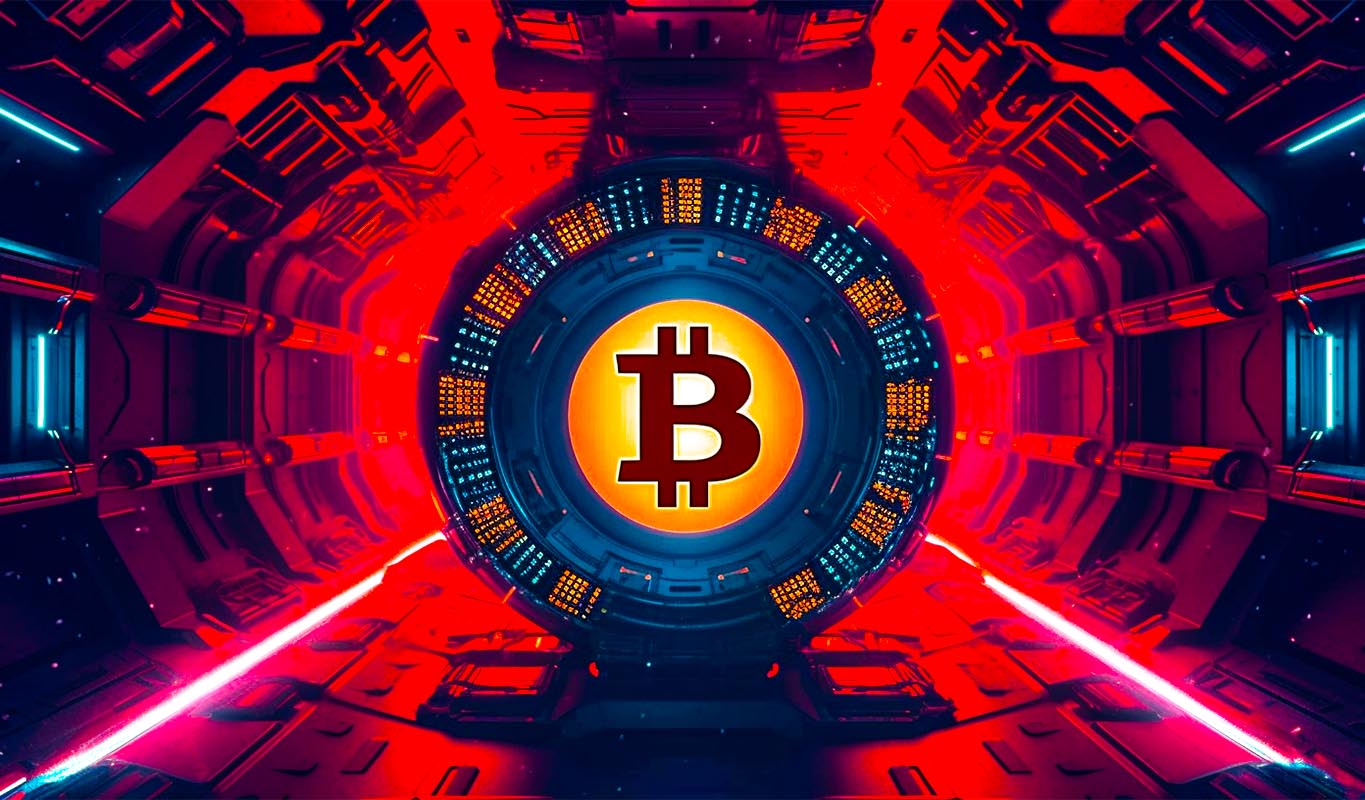Metadee launches unique handwritten Koran NFT
Metadee, a recently launched digital NFT marketplace in London, has recently released a unique NFT collector’s item: a historically significant, handwritten Quran manuscript.
Authenticated and certified by the University of Oxford’s Laboratory of Archeology and Art History, the handwritten Koran is currently kept by the custodial family and kept safely in Geneva, Switzerland.
After traveling through present-day Syria, Medina, and Mecca for centuries, the family has protected and preserved some of the volumes, never opening them as they were signed by Zayd ibn Thabit, the personally appointed scribe of the Prophet Muhammad himself.
Nearly 1,500 years after the handwritten Qur’an was completed, Metadee now publishes it as an NFT to the public. According to Metadee’s founder and CEO, Deepali Shukla, the market for rare collectibles is expected to reach $ 700 billion by 2032.
“Rare collectibles and religious objects add to the lack of market segment that the NFT market may have been deprived of,” says Shukla The national.
“Tokenization of rare collectibles and sacred writings makes these objects more accessible than ever, and will further contribute to the spread of ancient knowledge among global youth.”
:quality(70)/cloudfront-eu-central-1.images.arcpublishing.com/thenational/YPCP2NHDNFHIHDRMO32NVTISEI.png)
Metadee tokenizes volumes three, four and five from the handwritten manuscript and offers the NFTs for $ 1 million each.
Shukla, a collector and art enthusiast, believes NFTs are the future.
“NFT’s nature as blockchain – based cryptographic assets results in more security than our traditional transactions,” she says. “It helps prevent piracy and provides equal opportunities to showcase and commercialize art creations.”
One of the main attractions around NFTs is the way such digital works of art give creators autonomy over their work. Since NFTs are stored on a digital blockchain, they use immutable distributed ledgers that anyone on the network can access. This strengthens and protects both creators of NFTs and customers, and allows authentication of real work and reduces fraud issues.
“Unlike the original manuscripts of the Qur’an which must be monitored and repeatedly validated, NFT is easily stored on the blockchain and can be transferred between owners / owners,” says Shukla.
“NFT can be accessed from anytime, anywhere across the globe. In the meantime, with web3 and metaverse changing the way people think, act and breathe, everything in the digital space will most likely gain value.
“In the near future, people will prefer to study, learn, read and archive things online, and therefore the NFT manuscript is guaranteed to witness a steady increase in value in the digital space.”
Updated: July 18, 2022, 2:58 p.m.


